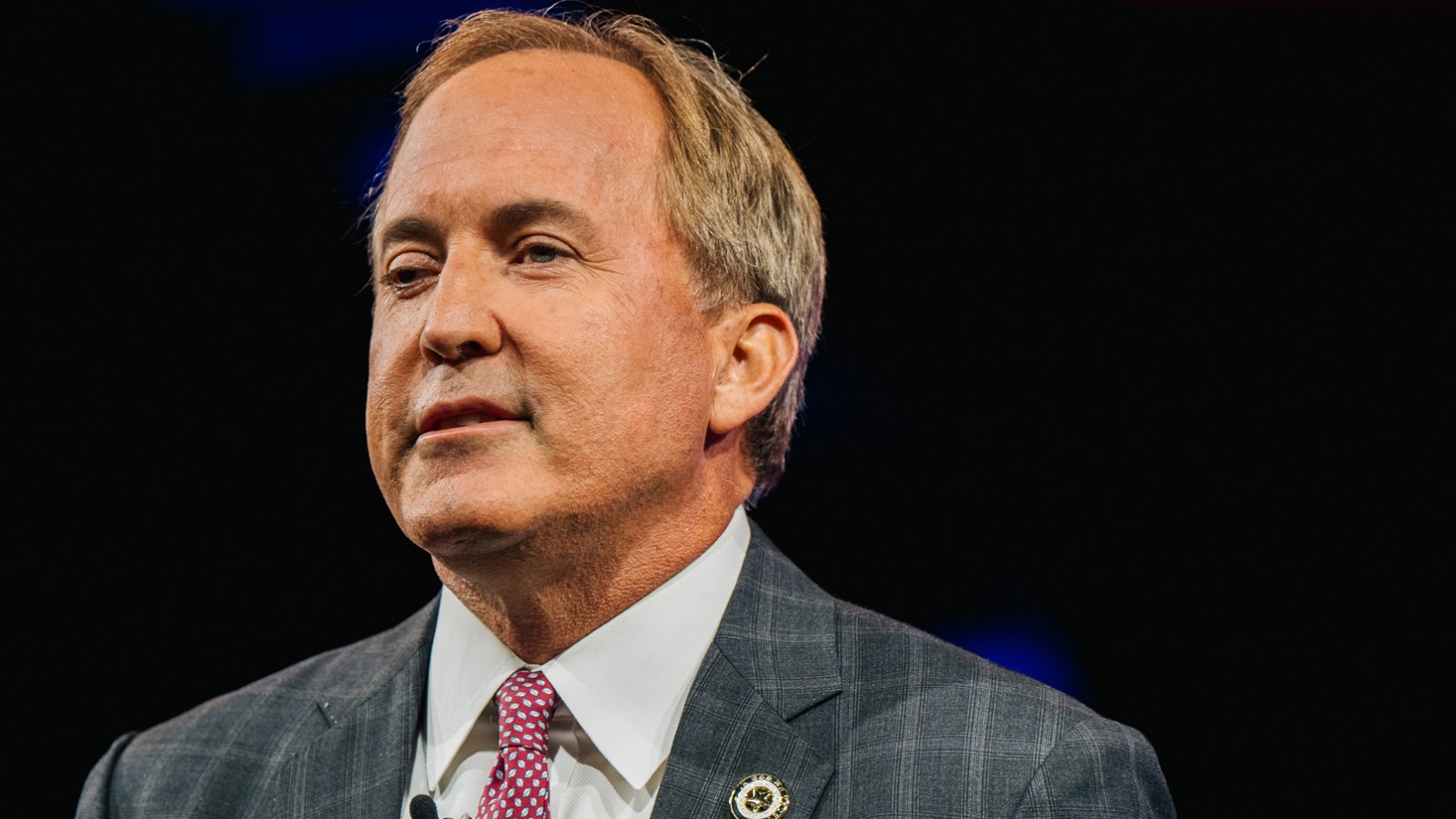
Seattle Children’s Hospital has sued Texas Attorney General Ken Paxton (R) over what they consider an invasive and unlawful request from his office to turn over information on Texas residents who received gender-affirming care at the out-of-state hospital.
The hospital is seeking to have a November subpoena issued by Paxton dismissed by the Travis County District Court. The Texas attorney general had demanded unredacted access to information on Texan children who have been treated at the hospital, their medication, diagnoses, as well as lab and test results.
Paxton’s subpoena also requested the hospital provide information on what protocol or guidance its doctors use to “guide your treatment of children that reside(d) in Texas diagnosed with gender identity disorder, gender dysphoria, or any other similar or related conditions,” and what protocol they used to “wean a child that reside(d) in Texas off gender transitioning and reassignment treatments and procedures as required” under Texas law.
In June, Texas Gov. Greg Abbott (R) signed a widespread ban on the provision of gender-affirming care to minors within the state. The state Supreme Court allowed the ban to take effect in September.
Paxton’s request to Seattle Children’s argued that should the hospital treat patients who reside in Texas, it could potentially violate the state’s Deceptive Trade Practices Act. If successful, Paxton’s subpoena would represent a major victory for Republican politicians attempting to implement travel restrictions on red-state patients seeking out-of-state medical care related to their reproductive health and gender identity.
Seattle Children’s wrote in its lawsuit, which was first reported by independent journalist Erin Reed, that Paxton’s demands do not represent “a bona fide investigations into violations” of the state’s deceptive trade practices law and thus constitute “an illegitimate exercise” of the attorney general’s authority, noting that “responding would violate HIPAA and Washington privacy laws as a result.”
The hospital additionally wrote that the subpoena “must be set aside because Washington law expressly prohibits Seattle Children’s from complying” with it, arguing that the demands represent “an unconstitutional attempt to investigate and chill potential travel by Texas residents to obtain health care in another state.”
There is at least one major legal hurdle that could prevent Paxton from gaining access to Seattle Children’s records, Washington’s “shield law.” The law, enacted in 2023 “protects people in Washington from civil and criminal actions in other states that restrict or criminalize reproductive and gender-affirming care (‘ban states).”
Seattle Children’s Hospital cited the law in their response to Paxton, arguing that “the shield law prohibits Washington-based entities such as Seattle Children’s from ‘complying with a subpoena, warrant, court order, or other civil or criminal legal process for records, information, facilities, or assistance related to protected health care services that are lawful in the state of Washington.’”
It’s not the first time Paxton has attempted to secure data on transgender or gender-nonconforming Texans. Last year the attorney general’s office sought data from the Texas Department of Public Safety on state residents who had changed their gender on their driver’s licenses or in other government records within the past two years. The department declined to provide the data because it could not be “accurately produced.”



